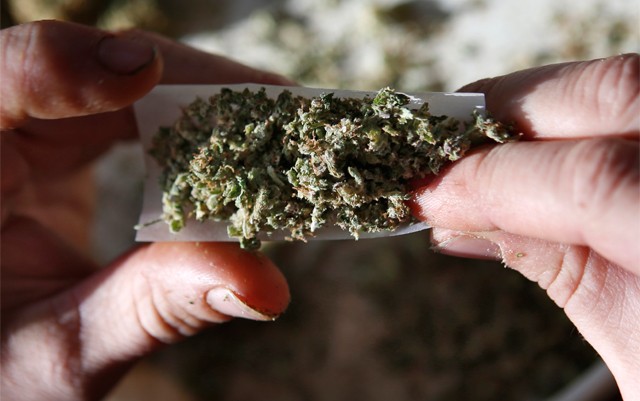There are attempts to get recreational legalization on the 2016 ballots happening all over the United States right now – and Maine was excited to turn in a grand total of 99,229 signatures on February 1st.
It was a very sad day for Maine voters on March 2nd announcement by the Secretary of State Matt Dunlap determined that they had not meet the needed number of valid signatures to reach the ballots. Of those nearly 100,000 signatures they only needed roughly 61,000 signatures to be valid – and according to the secretary of state their final count was 51,543.
When explaining why so many signatures were invalid Dunlap claimed that 26,779 of the signatures were invalid because the signature of the notary on the petitions did not accurately reflect the signature they had on file.
At least 17,000 of those signatures were invalidated due to a single notary whose signature varied. Stavros Mendros was hired to collect signatures and signed 5,099 petitions which had collected the roughly 17,000 signatures – and due to a variance in his signature none of them are valid.
From the time of the decision there was 10 days open for the campaign backers to appeal and they did not disappoint. They have already opened a lawsuit claiming “there is no provision in the state constitution that permits the secretary of state to invalidate petitions or signatures based on his subjective visual evaluation for the signatures on the petitions”.
They are also claiming that when Dunlap did his review of the petitions that he did not review every single one – making his judgement on the first few seen with the notary signature that did not match that which was on file.
“We hope the secretary of state doesn’t disenfranchise 17,000 voters because of a handwriting technicality,” David Boyer, manager of the legalization campaign, said Thursday.
Some of the signatures that were omitted due to this technicality includes those of State Senator Eric Brakey and State Representative Diane Russell among thousands of others. Out of the 31,000 signatures that were disqualified only around 13,000 actually belonged to individuals who were not registered to vote.
Now that the lawsuit has been filed the Superior Court has 40 days from the March 2nd ruling to determine where the case goes. If they are unable to make a decision in Superior Court then there will be an additional 30 days for the Supreme Court to make a decision.
At this rate it could take up to 65 days before any action is taken on the matter – however that is assuming the courts wait until the last minute to make a decision. With November quickly approaching, hopefully Mainers will not be waiting for a decision that long.






